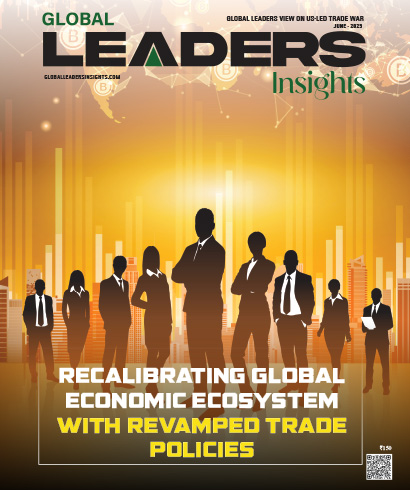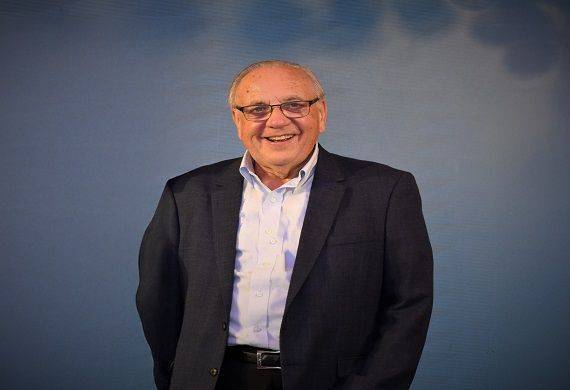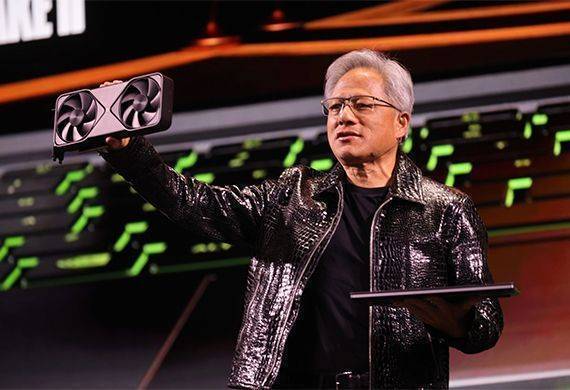Mark Linscott: India‑US Trade Pact Close as Strategic Concessions Made
By Global Leaders Insights Team | Jul 04, 2025

- Interim India-US trade deal is imminent after both countries agreed to make necessary compromises.
- Agreement focuses on reducing tariffs, industrial-centric with some agricultural outcomes, excluding sensitive sectors like dairy and wheat.
Mark Linscott, adviser to the US-India Strategic Partnership Forum, believes an interim trade agreement between India and the US is imminent because both sides have reached the "necessary compromises".
Linscott was the first US negotiator during former President Donald Trump's administration to explore the possibility of an interim trade deal with India.
"Earlier, you mentioned a mini-deal or a mega trade agreement. This is something in the middle. I believe it will be more than mini. I believe the reduction in tariffs will be significant. It may be primarily focused on industry, but it will also include agricultural outcomes. I don't think it will include dairy. I don't think it will include wheat. I understand that those two agricultural sub-sectors have received a lot of press attention in recent days. "Generally, I believe those are straw men," he told.
While India seeks increased market access for its labor-intensive goods, the United States seeks duty exemptions for agricultural products. These talks are significant because the suspension of US reciprocal tariffs expires on July 9. The two sides are hoping to wrap up the talks before then. "I believe the interim agreement accommodates both sides' sensitivities. I believe they shaped them quite a bit. There is certainly a dynamic in which this is the trade agreement that slipped away during the first Trump administration...
"The geopolitical situation provides significant impetus for a US-India trade agreement. India is unique. It is the most important market. India is an ally with a unique place in US strategic policies. I believe the US administration has a genuine desire to get this done. Linscott told that the agreement being negotiated is unlike those with nearly every other trading partner, including Korea, Japan, and the European Union.
Also Read: PM Modi Awarded with Ghana’s Highest State Honour, 'Officer of the Order of the Star'
According to him, the interim trade deal is intended to be a true win-win negotiation, as well as an agreement that will last and be built upon in a larger mega deal, a bilateral trade agreement.
"... I believe what India brought to the table impressed US negotiators. There has been a recognition that this is not the end of the game, but rather the first bite at the apple. The negotiations will continue. All of this has undoubtedly mattered. I believe that we will see much larger negotiations in the future. Historically, they have been separate. Traditionally, they have traveled on separate tracks. In many ways, over the course of several administrations, trade was viewed as less important than strategic development. "I do believe they are merging," Linscott added.


.jpg)

